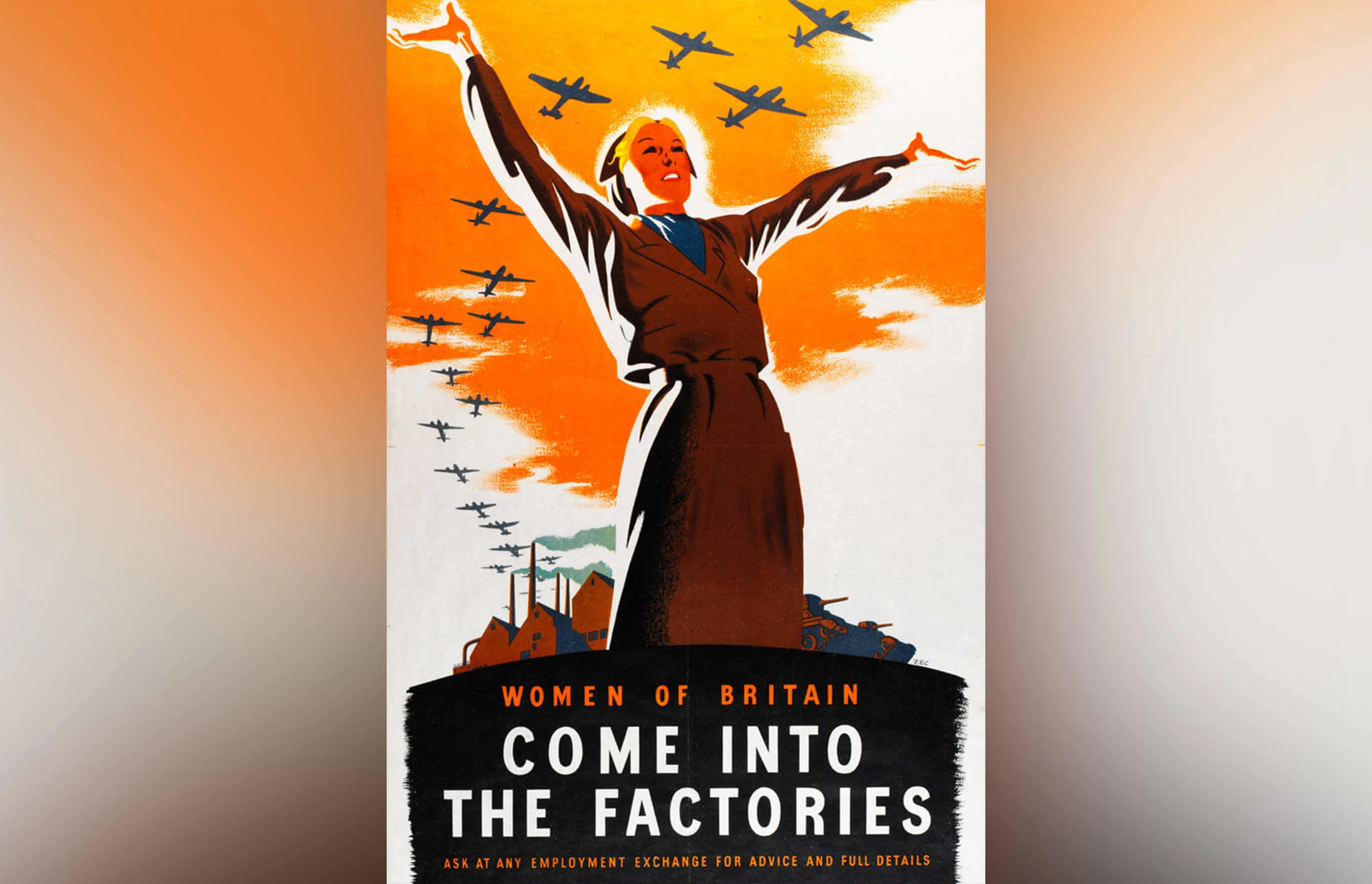Some of my friends wake up at 9 o’clock, snooze their alarms, reach for their laptops, open Microsoft Teams, roll over, and fall back asleep. At eleven, they slip on business attire - top only though - for a meeting. The “meeting” takes place, but their cameras are off. One person does all the talking. Everyone is assigned a task, and the meeting adjourns for the day. There will be another such meeting tomorrow.
The meeting over, it’s back to bed, with laptop in tow, to play around with a few spreadsheets until there comes an acceptable time to stop (in my experience, lunchtime).
This, it seems, is the new working day.
The anecdotes that condemn working from home as a facade are endless. “I love working from home” I overheard one day, “it’s the only time I can get the chores done.”
Jake Berry MP drew heavy criticism for tweeting a snide remark directed at striking Civil Servants. The gist was that the occasion of the strike was the first time for a while that the strikers had visited their workplace.
Responses ranged from the disappointed “oh mate” to an analysis of the benefits of working from home to the levelling-up mission. It was safe to say that, besides the GB News-style commentariat, the tweet did not go down well.
But although criticising his own employees might not have been the most politically expedient thing to do, Mr Berry was absolutely right - and not only because, as a source in Whitehall told me, the strikers had tired of Victoria Street by 11am and had slunk off home. No, it is the plain fact that working from home is just not good, and especially for us young'uns.
I know and understand the arguments for remote working. Working from home has been heralded as a fresh dawn for new parents, as well as potentially a long-needed lease of life for commuter towns and rural villages.
Meanwhile companies are being told that working from home boosts productivity. They are screaming it from their steel-and-glass rooftops. More meetings are taking place! People are working longer hours! Less time is being spent commuting!
Plainly the cost-benefit analysis supports the work-from-home diktat, and companies are buying into it big time. No doubt McKinsey brainiacs have done the sums - let’s cut costs by selling the office space, they say, and, because they’re McKinsey, it really does appear a no-brainer.
All of this might be true, though I do know from my own experience with remote working that certain metrics might not be useful in this case. A work-from-home “meeting” might constitute any use of conference call software, where in the office it involved a chat between two desks, or a trip for coffee, or an idea shared over the water cooler.
But putting the statistics to one side, and as it’s all the rage these days, let’s think about ourselves for a second and about our wellbeing. Let’s turn to the fact that in this country we’re in the midst of a mental and physical health crisis. Let’s ask ourselves why it is that the levels of young people between 16 and 24 who say they are “always lonely” are increasing. Or what might be contributing to rising obesity levels across all age groups.
Professional friendships? Gone. Company loyalty? Gone. Office Gossip? Gone. Office romance? Gone. Daily satisfaction? Gone.
At times we have to settle on the side of an argument for which the benefits are not easily calculable, but rather because they result in a world in which we would prefer to live.
I love going into the office; I might even go so far as to say that going to work is fun. I am more motivated when surrounded by people with whom I share a common goal. I like being able to chat about meaningless rubbish throughout the day. I like the fact that in an age of intrusive technology, my work life and my home life retains a measure of separation. I like the half an hour commute in which I am able to read a book. I like feeling like a valued person, with co-workers who care about me.
I do understand the attractions of working from home.
So I draw the attention of my peers to an analogy that I believe will achieve some cut-through.
We can all agree that Dunder Mifflin was an awful company for which to work. Paper and office supplies is the most bland of industries. I know of nobody whose professional ambition was to conquer the office supplies market, as the leading expert on grams per square metre, perhaps, or the most persuasive paper salesperson in the country. I doubt that you do either.
That was the operational point of Dunder Mifflin in The Office (US). The inanity of working for such an uninspiring company informed and produced and indeed heightened the everyday beauty of the program.
But that didn’t make the existence of a company like Dunder Mifflin an object for ridicule. We need boring companies like that - the world needs office supplies and paper to function. There will always be Dunder Mifflins, and so we need people to work in them.
So can we imagine the success of the same company, or the same series, when operating with a remote work policy? Can we see, at all, why anybody would be drawn to working for Dunder Mifflin? No we cannot.
Professional friendships? Gone. Company loyalty? Gone. Office Gossip? Gone. Office romance? Gone. Daily satisfaction? Gone. All of the reasons why my descendants will watch The Office (US) with a sad nostalgia, should the Work From Home lobby steer their cost-benefit ship to its ultimate destination? All gone.
For the sake of your professional and personal satisfaction, I urge my peers to ditch working from home. Workers of Britain - Come into the Offices!

Written by
Linden GriggRecent University of St Andrews English Lit graduate working in Westminster, with a fascination for politics, pub chats (get in touch), and ruffling feathers.
Read next
On the brink of burnout: why I mentally resigned from my job

Coralie Rossi
Will your “dream job” actually make you happy?

Louise Calpin
Why my generation is going insane: the impact of COVID on mental health

Matt Donno
Weekly emails
Get more from Linden
The Fledger was born out of a deep-seated belief in the power of young voices. Get relevant views on topics you care about direct to your inbox each week.
Write at The Fledger
Disagree with Linden?
Have an article in mind? The Fledger is open to voices from all backgrounds. Get in touch and give your words flight.
Write the Contrast

